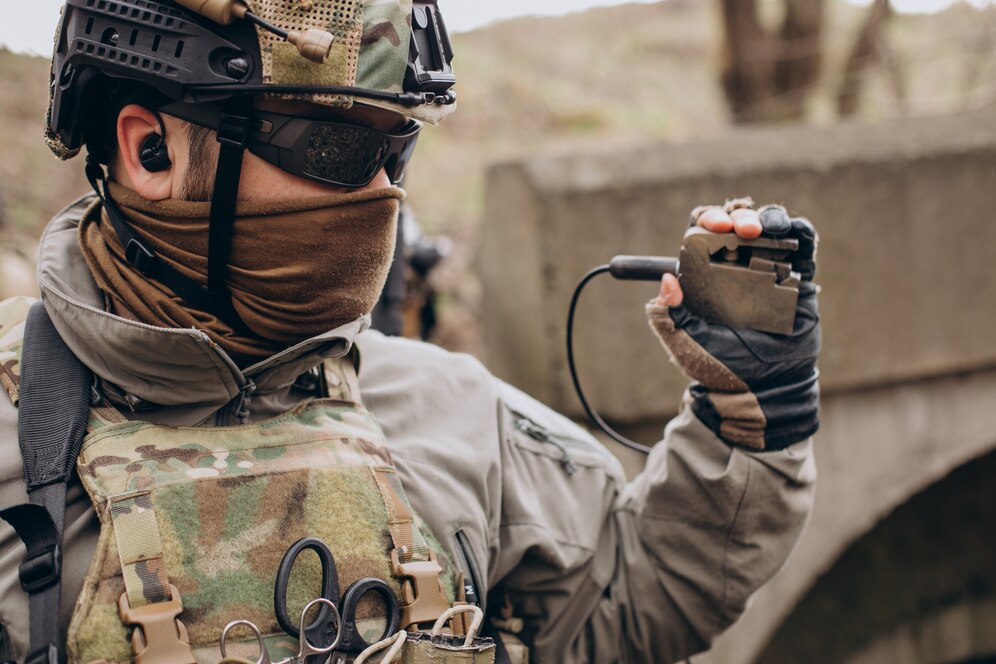Becoming a police officer is a noble and challenging career path that involves serving and protecting the community, maintaining law and order, and upholding justice and security. In Namibia, individuals aspiring to join the police force undergo rigorous training and screening processes to ensure they possess the necessary skills, values, and commitment to serve as law enforcement officers. In this blog post, we’ll provide a comprehensive guide on how to become a police officer in Namibia, outlining the steps and requirements for pursuing a career in law enforcement.
Step 1: Meet the Basic Eligibility Criteria
Before applying to become a police officer in Namibia, ensure that you meet the basic eligibility criteria set forth by the Namibian Police Force (NamPol). Common requirements may include:
– Namibian citizenship
– Minimum age requirement (usually 18 to 25 years)
– Good physical fitness and health
– Clean criminal record
– Minimum educational qualifications (e.g., Grade 12 certificate or equivalent)
Step 2: Submit an Application
Once you’ve confirmed your eligibility, submit an application to join the Namibian Police Force through the designated recruitment channels. Keep an eye out for recruitment advertisements or announcements from NamPol, and follow the instructions provided for submitting your application. Be prepared to provide personal information, educational background, employment history, and any other required documentation.
Step 3: Pass the Screening Process
After submitting your application, you’ll undergo a rigorous screening process to assess your suitability for a career in law enforcement. This process may include:
– Physical fitness test: Assessing your endurance, strength, and agility through various physical exercises.
– Written examination: Testing your knowledge of general subjects, such as mathematics, English, and reasoning.
– Medical examination: Evaluating your physical health and ability to perform the duties of a police officer.
– Background check: Verifying your criminal record, employment history, and personal background.
Step 4: Complete Police Training
If you successfully pass the screening process, you’ll be invited to undergo police training at the Namibian Police Training Academy. Police training programs typically cover a wide range of topics, including:
– Law enforcement principles and procedures
– Criminal law and procedure
– Firearms training and use of force
– Conflict resolution and communication skills
– First aid and emergency response
Step 5: Graduation and Deployment
Upon successful completion of police training, you’ll graduate from the police academy and be deployed to a police station or unit based on operational needs and staffing requirements. As a newly appointed police officer, you’ll undergo further on-the-job training and mentoring to familiarize yourself with the duties and responsibilities of your assigned role.
Step 6: Career Development and Advancement
As a police officer, you’ll have opportunities for career development and advancement within the Namibian Police Force. Consider pursuing specialized training or education programs to enhance your skills and knowledge in areas such as criminal investigation, traffic enforcement, community policing, or leadership development. Stay committed to upholding the values of integrity, professionalism, and service excellence as you progress in your law enforcement career.
Becoming a police officer in Namibia is a challenging yet rewarding journey that requires dedication, integrity, and a genuine commitment to serving the community. By following the steps outlined in this guide and demonstrating the necessary qualities and skills, you can pursue a fulfilling career in law enforcement and make a positive impact on society as a member of the Namibian Police Force. Remember to stay focused, resilient, and committed to upholding the principles of justice, fairness, and public safety in your role as a police officer.
